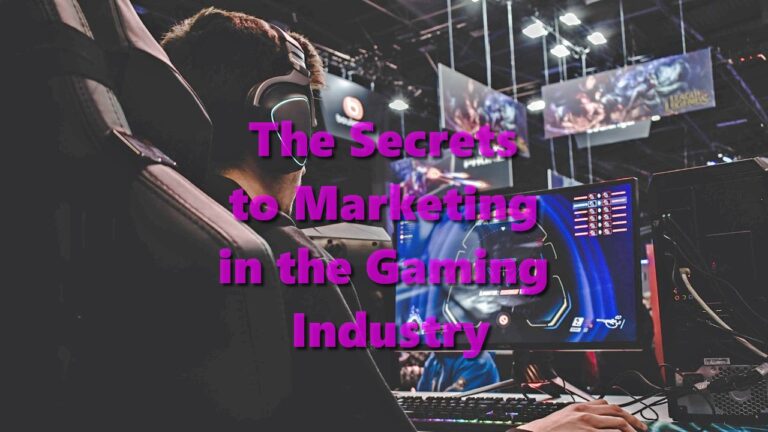In the dynamic landscape of the gaming industry, success in marketing begins with a deep understanding of the diverse gaming community. Gamers aren’t a monolithic group; they span various demographics, interests, and platforms. Recognizing these differences and combining different approaches is crucial for tailoring marketing strategies. As an example, unlocking the marketing mastery of DestinyGuns lies in their strategic fusion of immersive storytelling, targeted social media engagement, and exclusive in-game events. By seamlessly integrating these elements, they transform the virtual firearm shopping experience into a dynamic narrative, captivating audiences across platforms and leaving competitors in the respawn queue.
Building Engaging Narratives

Gaming is not just about playing; it’s about immersing oneself in captivating stories and experiences. Successful marketing in the gaming industry requires the creation of narratives that resonate with players. Whether it’s the epic journey of a hero or the intricate storyline of a strategy game, crafting compelling narratives generates excitement and emotional connection. This storytelling approach extends beyond the games themselves to marketing campaigns, creating a cohesive and immersive experience that resonates with the gaming audience.
Embracing Influencer Partnerships
In the gaming world, influencers hold significant sway. Partnering with influencers who align with the target audience can amplify marketing efforts. Gamers often turn to their favorite content creators for recommendations and insights. Collaborating with influencers for gameplay reviews, live streams, and exclusive content can establish a genuine connection with the gaming community. Authenticity is key; gamers value honest opinions and genuine enthusiasm, making influencer partnerships a powerful tool in the marketing arsenal.
Utilizing Innovative Technologies

The gaming industry is at the forefront of technological advancements, and marketing strategies should reflect this. Virtual reality (VR), augmented reality (AR), and interactive experiences can elevate marketing campaigns to new heights. Integrating these technologies into promotions, trailers, or even in-game events can create memorable and shareable moments for gamers. Staying ahead of technological trends not only showcases a brand’s innovation but also captures the attention of a tech-savvy audience.
Community Engagement and Feedback Loops
In gaming, community is everything. Establishing a strong and supportive community around a game or brand is a sustainable marketing strategy. Engaging with players through forums, social media, and live events fosters a sense of belonging. Additionally, actively listening to player feedback and incorporating it into game development or marketing campaigns builds trust and loyalty. The gaming community appreciates being heard, and a brand that values its players’ opinions is more likely to succeed in the competitive gaming landscape.
In conclusion, effective marketing in the gaming industry requires a multifaceted approach that goes beyond traditional strategies. Understanding the diverse gaming community, crafting engaging narratives, leveraging influencer partnerships, embracing innovative technologies, and fostering community engagement are the secrets to success. By staying attuned to the ever-evolving gaming landscape and adapting strategies accordingly, marketers can create impactful campaigns that resonate with the passionate and discerning gaming audience.
